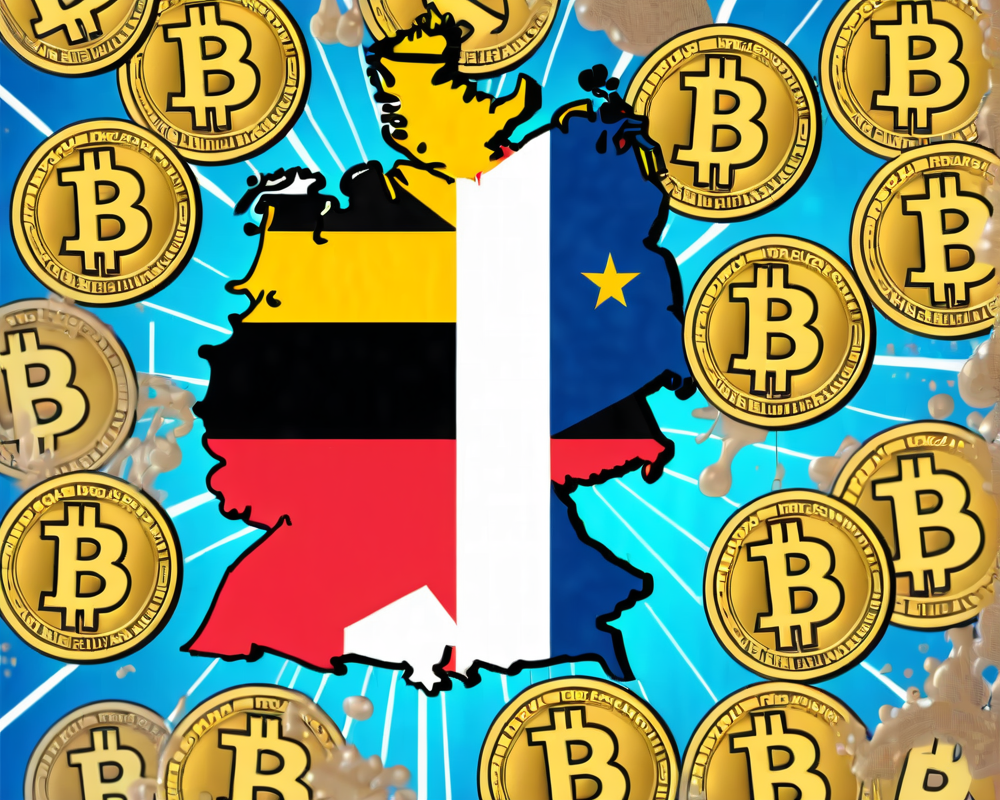The Next Big Thing in Currency: Digital Euro on the Horizon
Hold on to your wallets, euro enthusiasts! Fabio Panetta, a big cheese at the European Central Bank (ECB), has let slip that a digital euro could be making its grand entrance in just four short years. This isn’t just some fancy idea; it’s real talk happening from the podium at the National College of Ireland, where Panetta shared the exciting potential of this modern money.
Timeline for Launch: What’s Cooking?
According to Panetta, the ECB is ready to roll up its sleeves and kick off the development of the digital euro as early as 2023. That’s right, folks! We could be seeing some tangible tail ends of this digital currency in the next few years. The ECB aims to dive into not just development but also testing various solutions. Think of it as baking a cake. It might take a few years to perfect the recipe!
P2P Payments: Making Your Life Easier
One of the potential features that Panetta spotlighted is a person-to-person (P2P) payment solution. Imagine sending money to your friend for that yummy dinner you split last week, but without the hassle of dealing with traditional banking methods. Why send cash when you can hit send through a secure digital method? It’s kind of like sending a text, but, you know, with money!
Market Turmoil: The Cryptocurrency Roller Coaster
However, not everything is sunshine and rainbows in the digital finance world. Panetta shared his two cents on the turbulent cryptocurrency market, which looks like it’s taken quite a few hits recently. The collapse of TerraUSD (UST) is a prime example. Panetta called out stablecoins like Tether (USDT) for not being as rosy as they might seem. In fact, he claims they’re not risk-free and could still face significant challenges, including the dreaded runs – because who needs a heart-stopping roller coaster when it comes to your investments, right?
Policy Talks: The Road Ahead
As for the legal nitty-gritty, EU officials are working behind the scenes, with predictions that policy and legislation to officially usher in the digital euro might take four to five years. Panetta believes that creating a digital euro to cater specifically to the needs of everyday Europeans—both in brick-and-mortar stores and online—will ease its acceptance among the masses. Let’s face it, nobody wants to deal with currency that isn’t accepted at their favorite café.
A Cautionary Note
In the end, Panetta reminds us that while the dream of a digital currency sounds amazing, there are inherent risks associated with cryptocurrencies. They may glitter like gold, but under the surface, it’s a whole different story. Private instruments can’t always serve as reliable money, and they often raise concerns about financial stability. So next time someone boasts about their latest crypto haul, maybe remind them about the roller coaster they signed up for!




